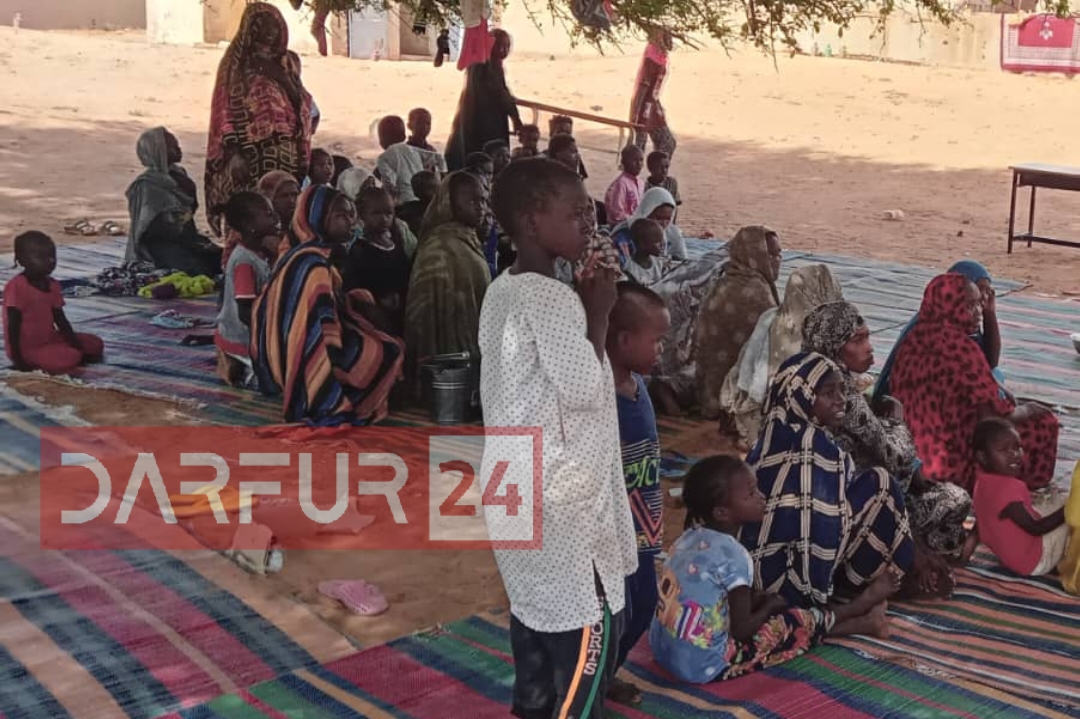Khartoum, September 12(Darfur 24)
UN Humanitarian Coordinator in Sudan, Clementine Nkweta Salami, on Monday, condemned the indiscriminate attacks on residential areas in Khartoum.
She indicated in a tweet on the X website (formerly Twitter) that dozens of people were killed and wounded during an attack that targeted a market on the outskirts of the capital, Khartoum on Saturday.
On the other hand, Under-Secretary-General for Humanitarian Affairs Martin Griffiths spoke with the Commander of the Rapid Support Forces, Lieutenant General Mohamed Hamdan Dagalo Hemedti on Sunday.
UN Deputy Spokesman Farhan Haq said at the daily press conference that Griffiths stressed the need to enhance access to people in need.
Griffiths expressed his hope to hold a meeting with the leaders of both warring parties so that he can reach a larger number of people, given that the current response does not meet the enormous needs.
Emergency response plan to protect and restore agricultural livelihoods
The Food and Agriculture Organization of the United Nations (FAO) has launched an emergency response plan to address growing food insecurity in Sudan, providing local communities with emergency seeds and livestock treatment kits, as well as veterinary and fisheries support and equipment.
The organization said in a statement that it needs $123 million to provide urgent support to more than 10 million people in 17 states suffering from food insecurity.
The plan builds on FAO’s work to address extreme vulnerabilities resulting from ongoing conflict and its impact on small-scale farming, herding and fishing communities.
This plan complements the organization’s recent emergency seed distribution campaign. This initiative helped farmers maximize grain production, avoid asset depletion, and encourage seed diversification.
The expected production will help meet the grain needs of at least 13 million people and up to 19 million people for the upcoming harvest season.
The representative of the FAO in Sudan, Hong Jiang, said that this emergency response plan aims to provide families working in the field of agriculture, herding and fishing with the basics they need to continue production and feed themselves and their communities, noting that millions of people throughout Sudan “face a battle for Survival as the food security crisis worsens.”
The Refugee Commissioner concludes a visit to Chad
In a related context, the High Commissioner for Refugees, Filippo Grandi, concluded a visit to Chad over the weekend.
Grandi called for more international support to help Chad deal with the increase in the number of refugees coming from Sudan.
As of last week, more than 400,000 refugees – the majority of them women and children – had arrived in the governorates of Oued, Sila and Oued Fira. Most of the refugees come from Darfur, arriving in desperate conditions, especially in the border town of Adre, which hosts more than 150,000 people in makeshift camps.
Another 75,000 refugees were transferred from Adre to two newly built refugee camps.
Despite the great efforts made by humanitarian partners to ensure access to basic services such as health, water, sanitation and food, the continued influx of refugees is putting pressure on already stretched resources and communities, with current funding levels insufficient to address the emergency and development needs. Long-term for refugees and host communities.
Chad was already hosting a large number of refugees before the current conflict in Sudan began, but now one in 17 people living in the country is a refugee.

